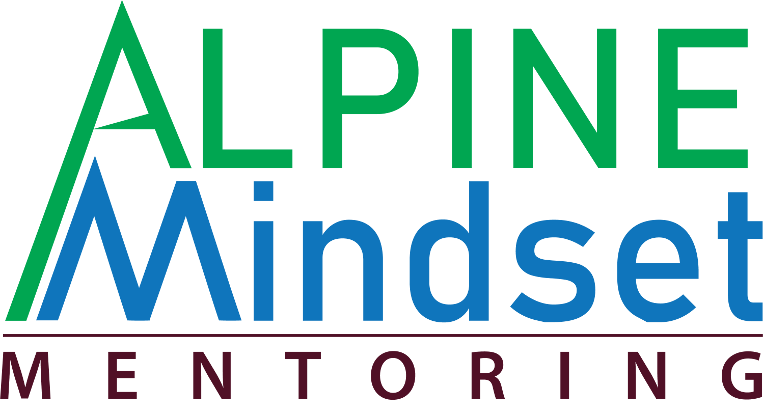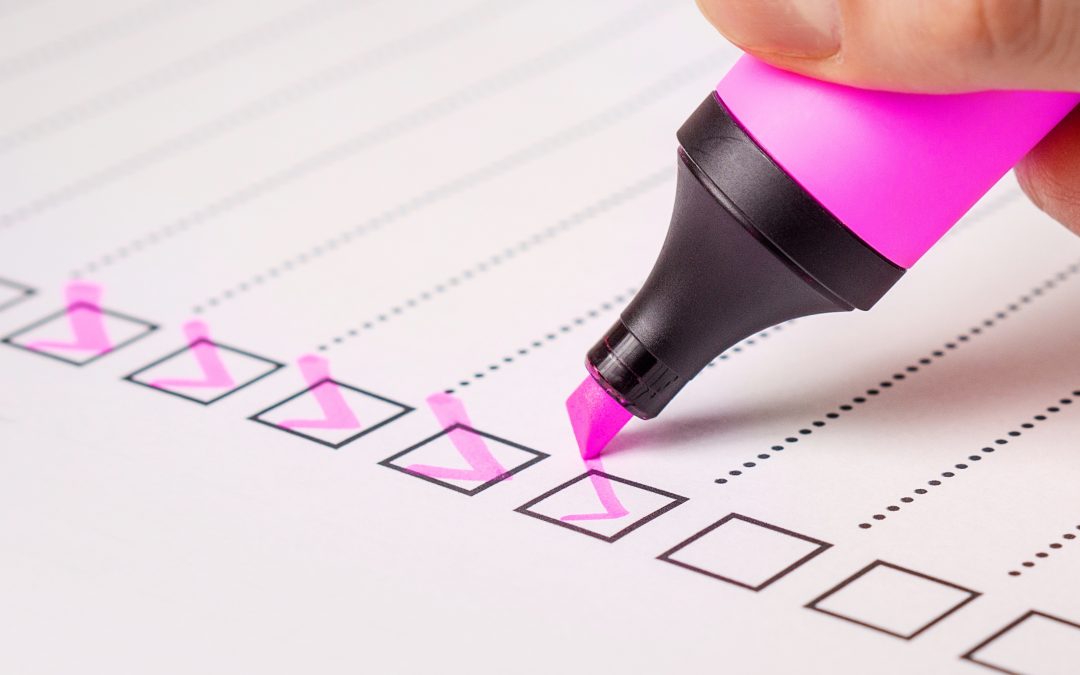Tracking what you’re doing is an important concept alone, but especially so for those working toward goals and personal development. Tracking your steps helps you accomplish goals and develop skills faster. How? Let’s dig into it.
First, I should clarify. In this context, what I mean by tracking is to create, observe, monitor, and follow the course of progress of what you are doing. At the simplest, it is “keeping track” of what you do. Yes, I mean writing it down and checking it off.
This may sound easy, but how many people actually track themselves as they work toward a goal? In general, the number is quite low. Interestingly however, it is one of the most common habits of those who consistently achieve their goals.
So let’s look into why that is and how you can make it work for you.
#1: Tracking Helps You Focus
I’m an expert at getting distracted. But that’s doesn’t help me achieve my goals. One of the ways I fight distractions is by writing down what it is I need to do next.
Tracking what you do keeps your focus on your next step and activity. What do you need to do now to make progress? What action step do you need to choose today to develop this skill?
#2: Tracking Helps You See Your Progress
After you’ve completed a few actions, the mind is quick to forget the steps you’ve taken. Or, it discounts and diminishes the steps you’ve taken into insignificance, leaving you wondering if you’re making any progress at all.
Tracking your actions gives you a log of your activities that your mind can’t as easily forget. It literally sees the progress, building up evidence with every single action you take. At the beginning, the progress may seem small. The first step up a mountain doesn’t seem like it really got you any closer to the top. But little by little, step by step, you make progress toward the summit. The trail behind you is your evidence. Pretty soon, you reach your destination and bask in its rewards.
#3: Tracking Gives You a Reason to Celebrate
Beyond seeing the evidence of each small accomplishment, those who keep themselves motivated are in the practice of celebrating those little accomplishments.
You are in charge of training your brain to enjoy making progress and seek more opportunities to do so. By celebrating the small steps and minor accomplishments along the way, you give yourself a dopamine “fix” and become “addicted” to progress.
If you celebrate only at the end when you accomplish the goal, your brain will lose motivation. Setbacks along the way can feel overwhelming, and the desire to give up may seem insurmountable. These are good indications that you’ve forgotten to recognize and celebrate the small wins along the way.
Now I should caution on this one: it’s best to keep the celebrations small and inexpensive, in terms of resources (time, money, people). Be sure that they don’t get out of proportion with the actions you’ve taken. Otherwise, they just become another distraction to slow your progress. A 30-second happy dance, or even an energetic “Wahoo!” can be enough of a celebration for simple accomplishments.
#4: Tracking Helps You Plan Ahead
I’ll let you in on a little secret to my tracking. Listing what you’ve done already is only part of the picture. Look back to the definition I gave at the beginning of this. There is an element of creation involved. Writing down what you’ve already done has value, but writing down what you’re going to do is exponentially more valuable (along with the commitment to follow through!).
When I set goals, I break down the goal into smaller, more manageable milestones, and then further break those into specific action steps I can take. In many cases, I don’t know all the steps that are necessary up front, but I usually can think of a few for each milestone toward the end goal. I place them all on a page and use that to track my progress, filling in additional action steps along the way as I discover and learn what else I can do toward my goal.
The benefit to this process is that it helps me plan ahead. In some cases, goals have deadlines that must be met. Some steps have prerequisites that must be accomplished before they can be undertaken. Knowing this up front (or as soon in advance as possible) helps me plan out the course I need to take to ensure I reach my goal as efficiently as possible. Knowing what I have left helps me allocate my time and energy more effectively.
#5: Tracking Helps You Teach Others
One of the best things about accomplishing goals is being able to teach others how to achieve them too. Tracking your steps toward your goal gives you a journal, or log, of everything you went through. When somebody comes up to you and asks how you were able to accomplish your goal, you have a repeatable guidebook to help others accomplish the same thing.
If you read between the lines here, you can make even more value out of your tracking by journaling about what worked, what didn’t, how things felt along the way, etc. This will be added gold to anyone following in your footsteps later. Knowing what to focus on and what not to focus on, streamlining the process, and distilling down to the most important steps is invaluable to those who you can guide after you.
In many cases, this can lead to an additional source of income through offering classes, programs, seminars, books, and other training materials to those who want to repeat the process.
What You Track, You Improve
Tracking your progress may seem out of your normal routine, but that may be exactly the change that needs to happen to change your results. Keep track of what you do, and what you’re going to do. Let it be a point of daily focus, and you will start to see the progress building up. Train your mind to see and celebrate the little successes, and the larger ones will become even more apparent and satisfying.
Finally, be willing to be a guide, mentor, coach, or teacher to help the next person along a similar journey. Your tracking journal can be an invaluable resource to you and others to be able to repeat success over and over.

